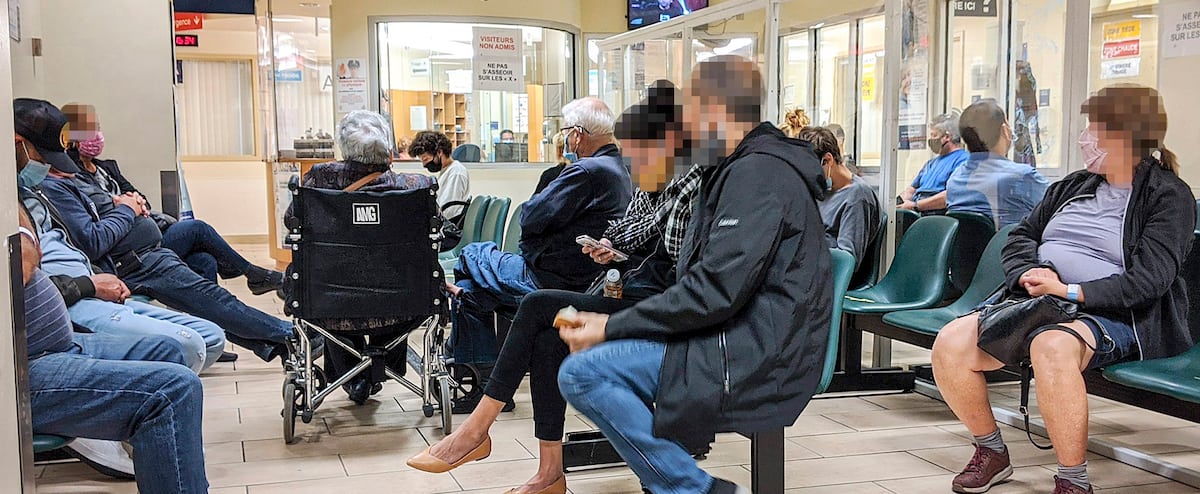At the beginning of the year, Christian Dubé goes hunting, but not for pheasants. The Secretary of Health and Human Services goes hunting for big game.
• Also read: What the year 2024 has in store for us: Will the network be healthy again with the Dubé reform?
Goal: to find his future or his future “top gun in the private sector” as head of the new agency in Santé Québec. Their task would be, to use the minister's words again, to shake “the pillars of the temple” of the public network.
Far beyond the slogans, Quebecers expect tangible and visible results. Point. For this reason, the person who will be appointed head of this agency is not a detail.
With 300,000 employees in the public health and social services network, the Santé Québec agency becomes Canada's largest employer. Not less. Think big, like the other guy said…
He or she must lead the network, while the minister of the current and future government is limited to setting the main directions.
Optimists see this as the old promise of a finally depoliticized network. Realists rather fear a lack of responsibility on the part of governments. Only time can tell.
For a network that has become so dysfunctional and dehumanized over the last 25 years that it leaves patients dying in emergency rooms, this umpteenth reform is still more worrying than the others.
After the creation of the mega-CIUSSS by Gaétan Barrette, it is difficult to imagine how additional centralization at the top of the network, as the minister swears, would lead to decentralization, which is nevertheless essential.
By relying on a “top gun” from the private sector, the minister also comes to the conclusion that the hordes of very well-paid managers in his ministry have failed.
The real question
However, unless I'm mistaken, most would remain in the ministry while some would be transferred to the agency. In short, it remains to be seen whether this is a major cultural shift. The real question, however, is obvious.
Can the serious dysfunctions that have accumulated in the public health network over 25 years be explained solely by the incompetence of a public service that has been bureaucratized to the point of absurdity?
Or is there a blatant lack of political will across party lines to preserve the quality of the public network rather than voluntarily turning a blind eye to the rapid increase in private care and services paid directly from the pockets of Quebecers who can afford it? It?
However, the reality is what it is. Unless there is a clear political will to roll back the private wages that, as we know, waste public human resources, even the “top” of the “top executives” will not be able to make the public network more accessible and humane.
That's why, as Radio-Canada reports, the $543,000 salary promised to the future agency's “frontrunner,” along with incentives and a certainly generous expense account, doesn't pose a problem.
Denial of the silent revolution
What is a problem is the rapid growth of a lucrative private market for health and social services, the toxic effect of which is to create two classes of users and patients in Quebec based on income.
This is the absolute opposite of the legacy we left ourselves in the years following the Quiet Revolution. Another problem is the ultra-centralized structure of the new agency.
Because CIUSSS CEOs are responsible for huge territories and too many facilities, they are already heavily disconnected from staff and users.
What happens when a single CEO and his small team of “top pilots” have to manage the entire network, its 300,000 employees and 1,500 branches? How can we not recognize the very real danger of Ivory Tower Syndrome, however golden it may be?
It goes without saying that until the 2026 election, Quebecers have no choice but to hope that Minister Dubé makes the right choice.
Otherwise, our credit card will increasingly replace the health insurance card in order to receive minimally good and quick treatment.

